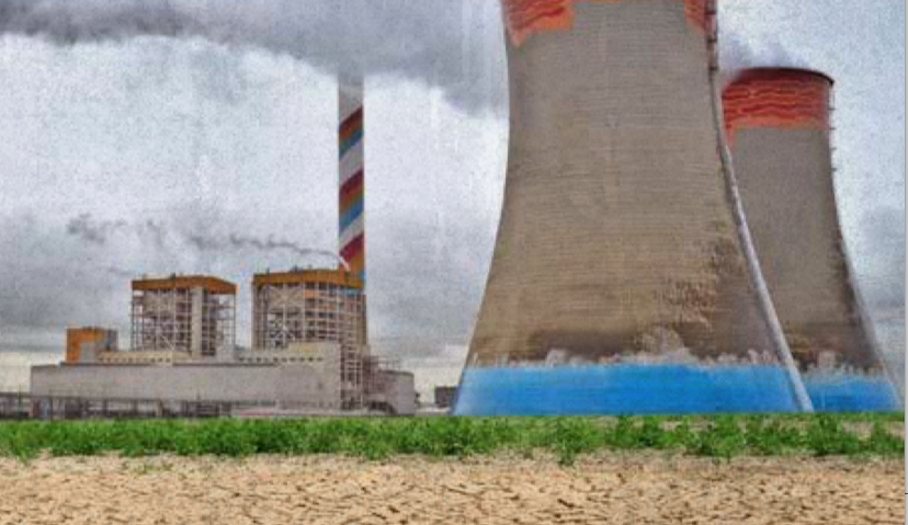NRC reviewing decades of reactor operating license extensions, while cutting its safety inspection programs to make money for industry
 Peach Bottom nuclear power station Photo credit: U.S. Department of EnergyOn June 20, 2019, an Atomic Safety Licensing Board of the U.S. Nuclear Regulatory Commission (NRC) denied Beyond Nuclear a federal public hearing to scrutinize how Exelon plans to manage the attack of age-related degradation as part of a “Subsequent License Renewal” application that seeks the continued operation of Pennsylvania’s Peach Bottom Unit 2 and 3 out to 2053 and 2054. The federal nuclear agency’s denial of a request for a hearing is big step towards granting a second twenty-year license extension to the two Fukushima-style reactors (both1960’s-vintage designs of the GE Mark I boiling water reactor) beyond their current expiration dates of 2033 and 2034; a total of 80 years of operation. Beyond Nuclear has filed a formal appeal to the Commission.
Peach Bottom nuclear power station Photo credit: U.S. Department of EnergyOn June 20, 2019, an Atomic Safety Licensing Board of the U.S. Nuclear Regulatory Commission (NRC) denied Beyond Nuclear a federal public hearing to scrutinize how Exelon plans to manage the attack of age-related degradation as part of a “Subsequent License Renewal” application that seeks the continued operation of Pennsylvania’s Peach Bottom Unit 2 and 3 out to 2053 and 2054. The federal nuclear agency’s denial of a request for a hearing is big step towards granting a second twenty-year license extension to the two Fukushima-style reactors (both1960’s-vintage designs of the GE Mark I boiling water reactor) beyond their current expiration dates of 2033 and 2034; a total of 80 years of operation. Beyond Nuclear has filed a formal appeal to the Commission.
At the same time, the NRC announced it is cutting back core safety inspections for operational impact on reactor systems, structures and components exposed to the harsh day to day environment of extreme levels of temperature, radiation bombardment, vibration, pressure and fatigue that cause cracking and corrosion. The reduction in the NRC core safety inspection programs additionally includes reducing, if not eliminating completely as industry requested, the NRC inspection of onsite Independent Spent Fuel Storage Installations at operating reactors around the country, replacing NRC led inspections of drills of mock terrorist attacks with industry self assessments, industry self assessments of radiation protection including onsite radiological monitoring equipment and radioactive effluent control and relaxation of emergency planning performance indicators by relaxing the frequency of NRC reviews from annual to biennial.
Democrats in the U.S. House Energy and Commerce Committee wrote a letter on July 15, 2019 to the NRC Commissioners callnig for a hearing and expressing their concern that the NRC is abandoning its core mission to protect the public health and safety through the Reactor Oversight Process in favor of allowing a financially distressed nuclear industry to save money on what they claim to be unduly burdensome regulations.
Beyond Nuclear agrees. At a time when the Nuclear Regulatory Commission is seeking to extend operations for the nation's nuclear reactors by decades, considering this is an inherently dangerous technology, to place industry financial margins ahead of public safety margins, is negligence, pure and simply. Its just common sense, for any technology, the older it gets, more wear and tear requires more inspections, not less, whether its an automobile or an atomic reactor. Otherwise, such neglect puts us on a collision course with an accident.
In the event of a severe nuclear accident here in the United Station with radioactive releases as occurred at the Ukraine's Chernobyl and Japan's Fukushima nuclear power stations, that negligence becomes criminal in our view.





 July 17, 2019
July 17, 2019
